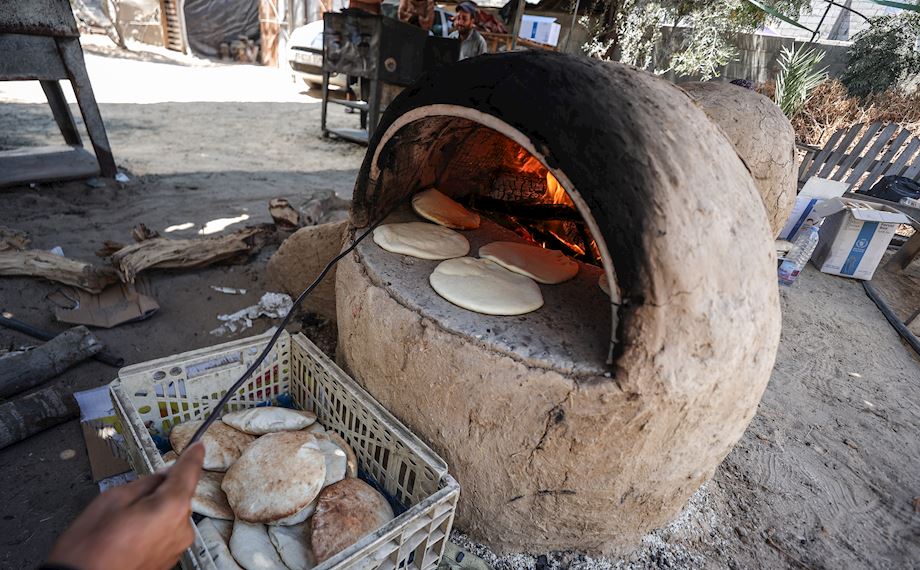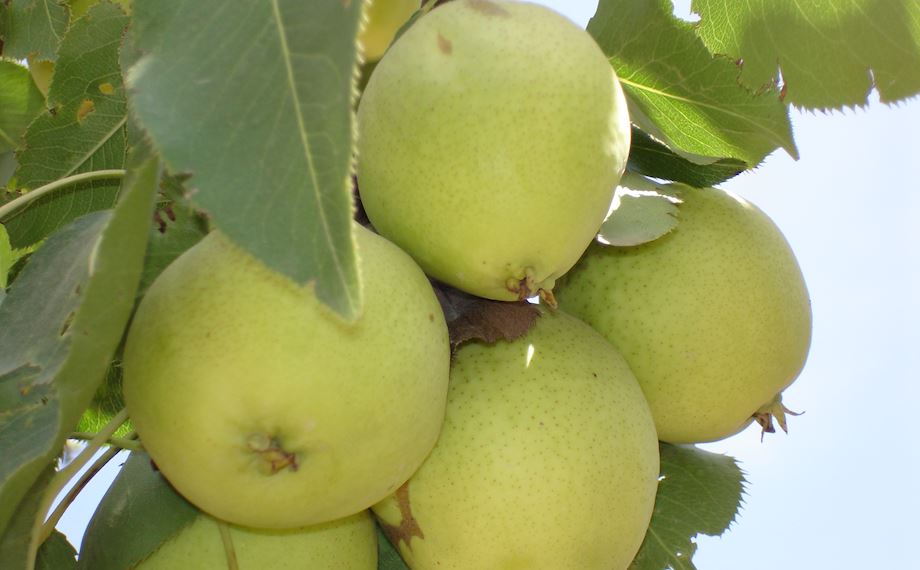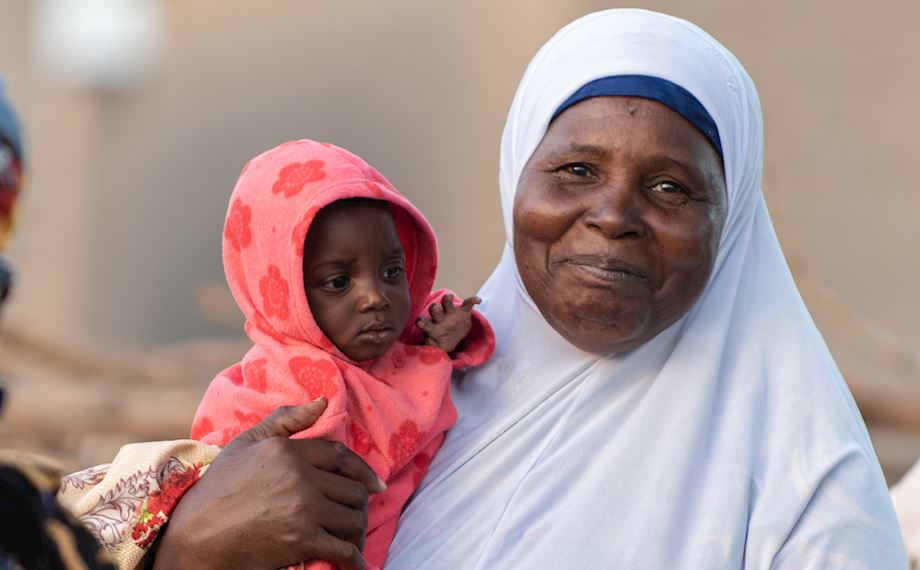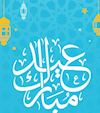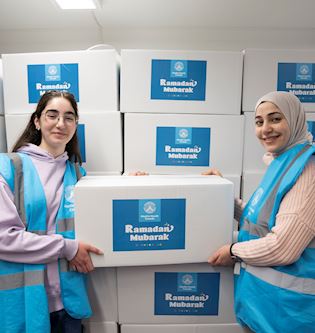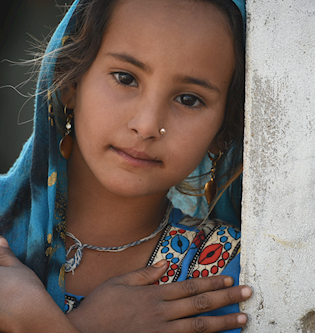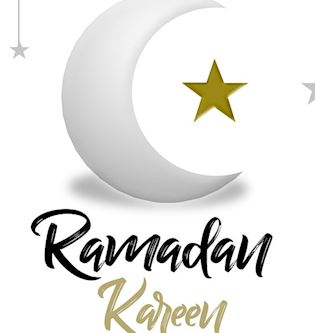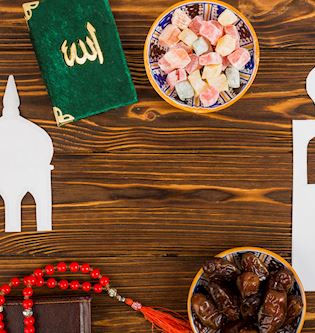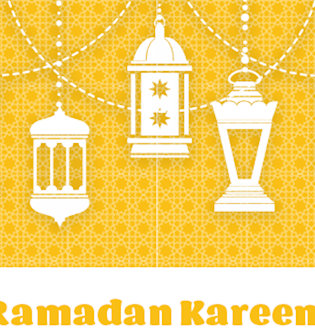Shawwal: A Month of Continued Devotion and Divine Mercy

Shawwal, the tenth month of the Islamic calendar, holds great spiritual significance. The name ‘Shawwal’ is derived from the Arabic verb ‘shāla’ (شَالَ), meaning ‘to lift or carry’. The first day of this month is marked by the celebration of Eid al-Fitr.
This month offers an opportunity to continue the spiritual journey started in Ramadan. It allows us to carry forward acts of worship, fasting, and good deeds.
What is the Historical Significance of Shawwal?
Several key historical events took place during the month of Shawwal. One of the most pivotal events was the Battle of Uhud, which occurred in 3 AH (625 CE). This battle, fought between the Muslims of Medina and the Quraysh of Mecca, followed the Battle of Badr and holds immense importance in Islamic history.
The Battle of Uhud teaches us the importance of obedience, patience, and resilience in the face of adversity. Many Muslims were martyred in this battle, including Prophet Muhammad's (saw) beloved uncle, Hamza ibn Abd al-Muttalib. Prophet Muhammad (saw) was also injured during this battle.
Following the battle, Surah Aal-e-Imran (3:139-142) was revealed, which reassured the Muslims that defeat in battle is not a sign of failure but rather a test from Allah (swt). True victory lies in maintaining faith, persevering through trials, and trusting Allah’s plan.
Despite the apparent setback of the battle, it strengthened the unity of the Muslim ummah (community) and laid the groundwork for the Treaty of Hudaybiyyah, which was also signed in Shawwal. The Treaty of Hudaybiyyah was a peace agreement between Prophet Muhammad (saw) and the Quraysh tribe of Mecca in 628 CE. This treaty became a turning point in the history of Islam, showing Prophet Muhammad’s (saw) foresight in peacebuilding, which eventually led to the growth of Islam worldwide.
Is it Recommended to Fast in Shawwal?
After Eid al-Fitr, it is highly recommended to fast for six additional days in Shawwal. The Prophet Muhammad (saw) said:
"Whoever fasts the month of Ramadan and then follows it with six days of Shawwal, it is as if he fasted for a lifetime."
(Sahih Muslim)
Fasting on Eid al-Fitr is not permitted. However, fasting for six days following Eid al-Fitr brings immense spiritual rewards and blessings.
Why is Shawwal Associated with Hajj?
Starting from the 1st of Shawwal to the 10th of Dhul-Hijjah is considered part of the Hajj period. Some rituals of Hajj can be performed during this time. For example, Tawaf al-Qudum (the ritual circling of the Kaaba performed by pilgrims upon arriving in Mecca as part of the pilgrimage), followed by Sai of Hajj (the ritual of walking seven times between the hills of Safa and Marwah), can only be performed once Shawwal begins.
An Umrah performed before Shawwal cannot be considered the Umrah of Tamattu. However, an Umrah performed during Shawwal can be associated with the Hajj, giving it the status of Hajj of Tamattu (the Umrah performed during the months of Hajj).
Is it Recommended to Give Charity in Shawwal?
Shawwal is also an excellent time to continue the good habits formed during Ramadan, particularly acts of charity and community-building. The Prophet Muhammad (saw) said:
"The most beloved deeds to Allah are those that are most consistent, even if they are small."
(Sahih Bukhari)
These acts can continue the spirit of generosity cultivated during Ramadan. Donate to these life-saving initiatives and transform lives in vulnerable communities.
- Gaza Emergency: With the help of the World Food Programme (WFP) we provide relief to Gaza, including hot meals, bread, and emergency food parcels, to support families devastated by ongoing conflict.
- The Gift of Water: Donate wells to provide lasting access to clean water for communities in need.
- Sponsor an Orphan: Provide orphans with essential support, including education, healthcare, and access to nutritious meals.
Shawwal is not merely a transition from Ramadan, but an opportunity to build upon the spiritual benefits gained during the holy month. It serves as a time to reflect on personal growth and maintain good habits.





